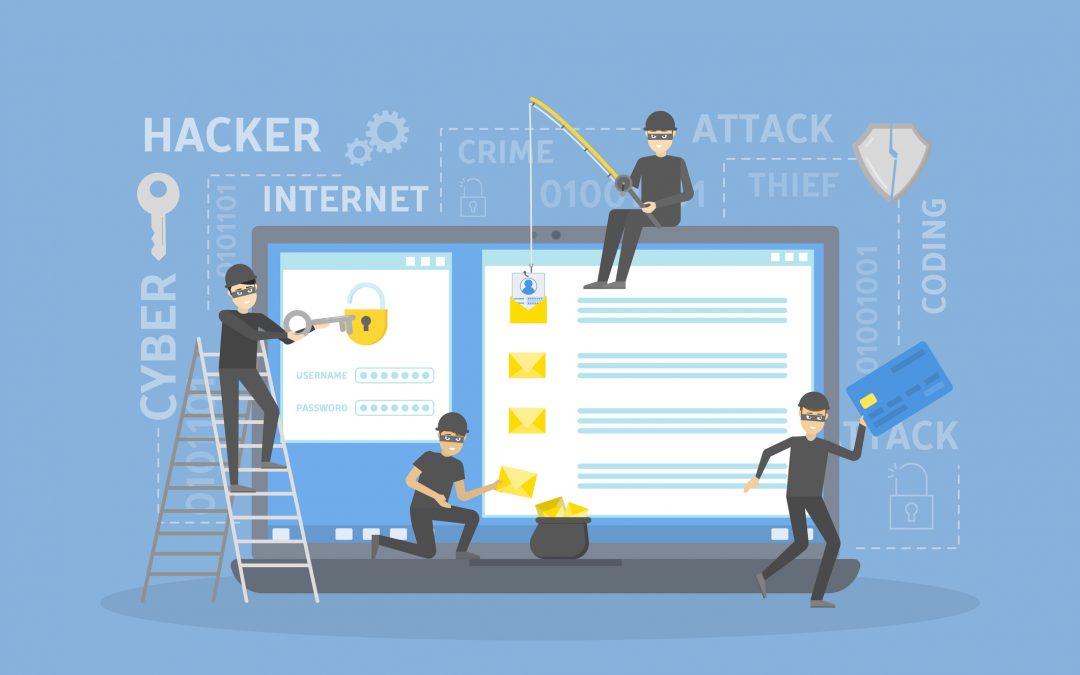Falling for an email scam is something that can happen to anyone. It’s a frightening concept, and one that frequently results in undiluted panic. Also known as a phishing scam, an email scam involves using email and fraudulent websites to steal sensitive information such as passwords, credit card numbers, account data, addresses, and more.
Fraudulent emails are crafted to appear legitimate, such as messages from your bank or another trusted source. They request personal information, which criminals then use for identity theft.
So what should you do if you find yourself a victim of an email scam?
Change Passwords
If you’ve clicked the wrong link or provided personal information in response to a phishing scam, change your passwords immediately. This goes for email and all accounts, including bank accounts and PIN numbers. Create strong, complicated, new passwords that feature a confusing slew of numbers and symbols. Such passwords are much, much harder for cybercriminals to break.
Notify Credit Agencies
Contact one of the three major credit bureaus as soon as possible and let them know your account was potentially compromised. Place a fraud alert on your account until the issue has been resolved.
Contact Credit Card Companies
Alert credit card companies and explain the situation. Your credit cards might not have been used yet, but if you feel unauthorized charges are in your future, it’s essential to freeze or cancel your cards. Let your bank know what happened so they can further protect your credit line.
Update Your Software
Update your software to the newest version and run a comprehensive virus scan if you think you’ve infected your system with a virus or other malware. Additionally, you should use encryption, ensure you have a firewall enabled, and regularly back up personal information on an external hard drive. Avoid using public Wi-Fi networks whenever possible, and if you must use a public connection, select the most secure option, such as a Virtual Private Network (VPN). Also, make certain to turn your computer off when not in use, as it’s inaccessible to hackers when powered down.
Check Accounts Regularly
Review your bank and credit card accounts regularly to be sure no suspicious activity is taking place. You may also opt to leave the fraud alert on your credit report for a while until you’re absolutely certain you’re out of the proverbial hot water.
Reporting Resources
Numerous resources are available for reporting an email scam, including the National Fraud Information Center. This company reports fraudulent activity to the federal government and maintains detailed records of fraud incidents. They also provide links concerning whom you can contact within your state for assistance.
Contact The Experts
Falling victim to an email scam can make you feel all alone. Luck for you TCom Networks is here to help and can be contacted 24/7 for emergencies.
TCom Networks is one of Boston’s premier IT Support & Consulting Service companies. They provide convenient services, like Remote IT Support, that way, your IT consultants won’t have to make you wait until they can physically come out to the office when you experience a problem.
You can also discuss TCom Networks multi-layered network security services and solutions to take a proactive approach when it comes to your cybersecurity.
Contact TCom Networks today and get free IT services consultation at no charge to you.
Source: Norton

